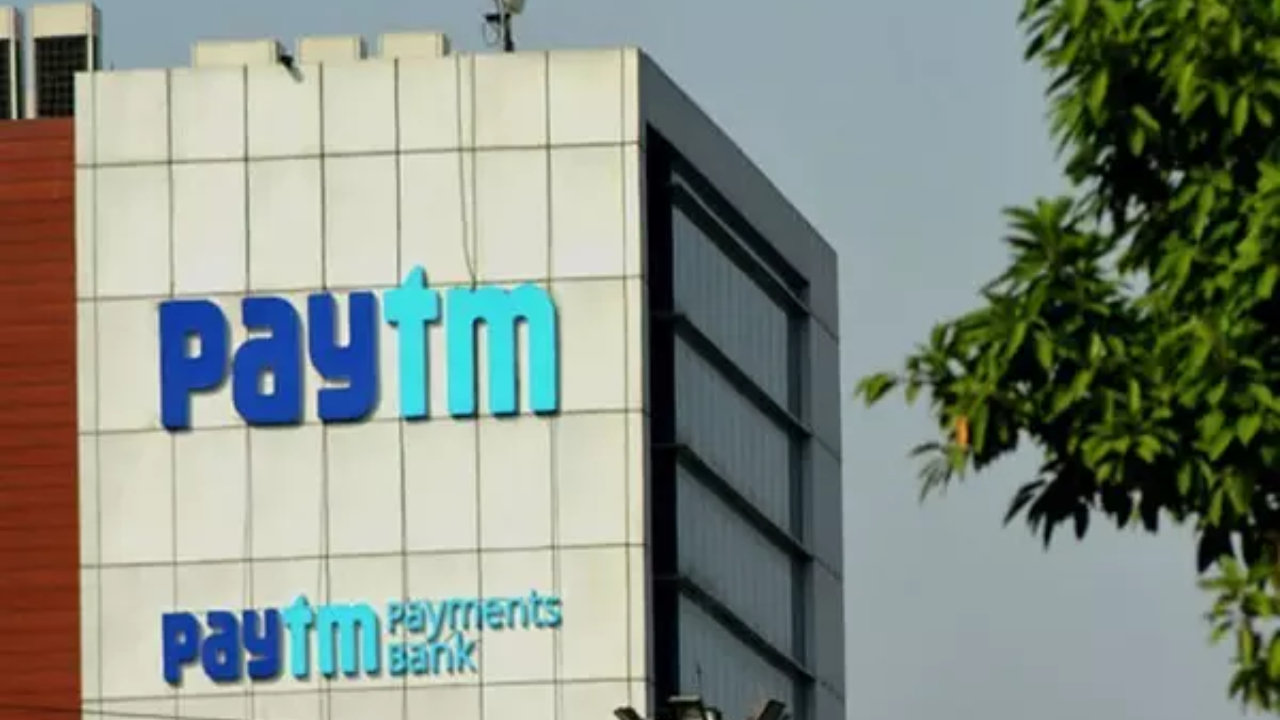While bank officials, including founder Vijay Shekhar Sharma, met RBI officials on Monday, they met the finance minister on Tuesday.
What transpired at the meeting at North Block was not immediately known, but the government is likely to maintain a calm stance, indicating that the regulator will be responsible for taking decisions. In an interview with TOI over the weekend, Sitharaman had hinted at this. “This is for the regulator and the company to deal with each other,” he said, declining to comment further.
Earlier, Paytm officials also interacted with the authorities on Monday to provide updates on its compliance efforts and get clarity on the new directive. Their immediate concerns revolve around maintaining the virtual payment address @paytm for both app users and merchants and facilitating one-time migration of merchant bank accounts.
Shares of Paytm closed 3% higher on Tuesday after hitting the lower circuit for three consecutive trading days following RBI restrictions. A clarification from Jio Financial Services that it was not in talks to acquire Paytm’s business contributed to the gains. Shares of Jio Financial Services fell 6%, reversing a gain of 14% on Monday.
During the meeting with the minister, Paytm expressed concern about the ban on adding money to Paytm Payments Bank accounts and wallets and the Fastag ban since March, highlighting the potential disruption due to the wide number of affected accounts, many of which Has standing instructions and connections to other accounts, which causes inconvenience to customers.
Paytm is in discussions with banks to explore the feasibility of transferring merchant bank accounts or customer wallets. However, banks were only interested in accounts that offered large deposits or fee income. A senior banker said there was no clarity on which businesses could be retained or shifted, and he expected more details in the coming days.
In its discussions with the RBI, the company had resorted to the argument that non-KYC wallets are a legacy issue that has arisen from digital wallets opened during the demonetization period when wallets were allowed to be loaded with minimum KYC requirements. Went. Initially, minimum KYC norms were allowed for opening the wallet with basic details including verified mobile number and self-declaration of name and unique identification number.






